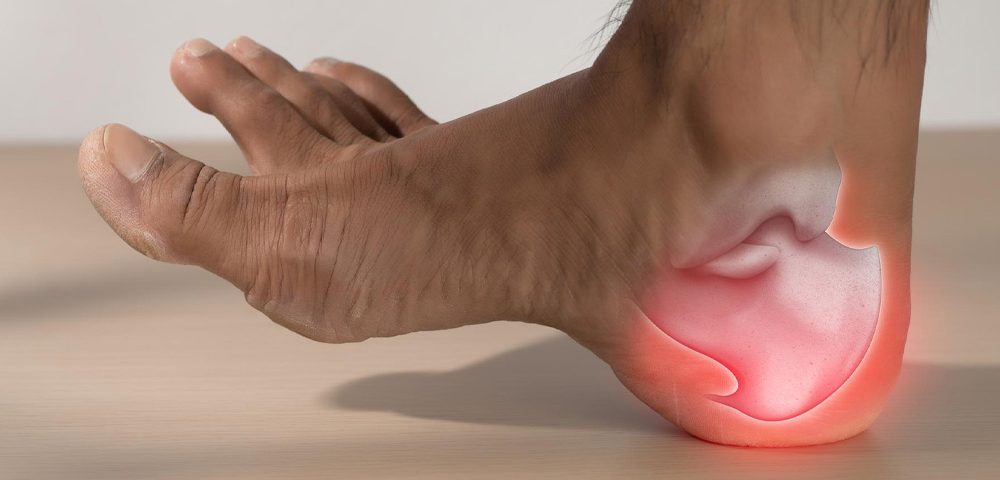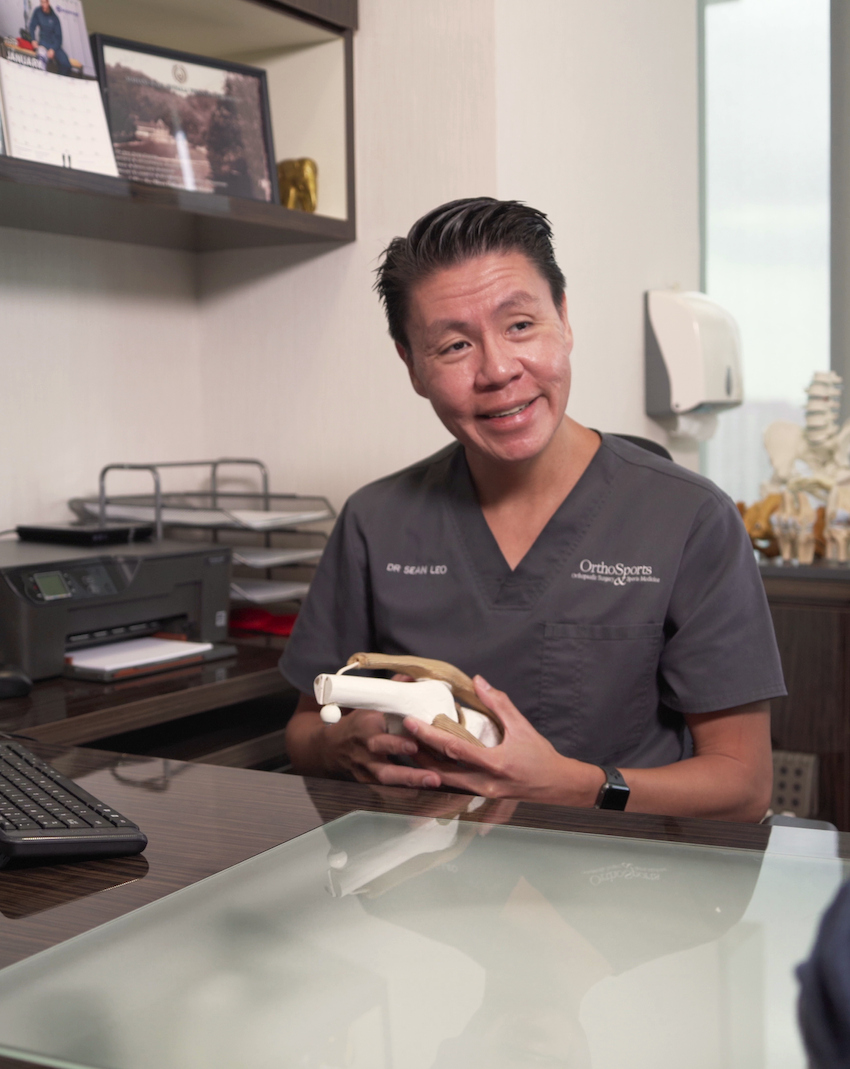ALL YOU NEED TO KNOW ABOUT
Plantar Fasciitis:
Comprehensive Guide to
Understanding, Treatment, and Recovery
Plantar Fasciitis: Comprehensive Guide to Understanding, Treatment, and Recovery
What is Plantar Fasciitis?
Plantar fasciitis is one of the most common causes of heel pain, resulting from inflammation or microtears of the plantar fascia — a thick band of tissue that runs along the bottom of the foot, connecting the heel bone to the toes. This condition typically causes sharp pain near the heel, especially during the first steps in the morning or after periods of rest.
While plantar fasciitis can affect anyone, it is particularly common among runners, individuals who are overweight, and those who spend long hours on their feet.
Causes of Plantar Fasciitis
Common contributing factors include:
- Overuse: Repetitive impact from running, walking, or standing for long periods.
- Improper Footwear: Lack of arch support or cushioning.
- Foot Mechanics: Flat feet, high arches, or abnormal gait patterns.
- Tight Calf Muscles or Achilles Tendon: Increases strain on the plantar fascia.
- Sudden Increase in Activity Level: Especially without proper conditioning.

Symptoms of Plantar Fasciitis
Typical symptoms include:
- Sharp or stabbing pain at the bottom of the heel.
- Pain that is worse with the first steps in the morning or after prolonged rest.
- Heel tenderness and stiffness.
- Pain that may ease with movement but returns after long periods of standing or walking.
Diagnosis of Plantar Fasciitis
Diagnosis is typically clinical and may involve:
- Physical Examination: Pressing on the heel to identify pain points and checking foot mechanics.
- Medical History: To rule out other causes of heel pain.
- Imaging: X-rays or ultrasound may be used to exclude other conditions such as heel spurs or stress fractures.
Treatment Options for Plantar Fasciitis
Most cases respond well to conservative, non-surgical treatments.
Non-Surgical Treatments
- Rest and Activity Modification: Reducing activities that aggravate symptoms.
- Stretching Exercises: For the plantar fascia and calf muscles.
- Ice Application: To reduce inflammation and relieve pain.
- Supportive Footwear or Orthotics: Improve arch support and cushioning.
- Anti-Inflammatory Medications: NSAIDs for short-term pain control.
- Night Splints: Help maintain a stretched position of the plantar fascia overnight.
- Shockwave Therapy: Used in chronic cases to promote tissue healing.
Surgical Treatments
Surgery is considered only if conservative management fails after several months. Procedures may include:
- Plantar Fascia Release: Cutting part of the fascia to relieve tension.
- Removal of Heel Spurs: If present and contributing to symptoms.

Recovery and Rehabilitation
Recovery from plantar fasciitis varies, but most individuals improve within 6 to 12 weeks with consistent treatment. Adherence to physiotherapy, proper footwear, and lifestyle modifications is essential to prevent recurrence. In chronic cases, full recovery may take several months.

When to See a Doctor
Frequently Asked Questions
How much does a consultation cost?
Our consultation fees are structured to reflect the time and expertise required to provide thorough and personalised care
for each individual case.
- Initial Consultation: Fees range from $150 to $200, depending on the duration and the complexity of the case.
- Follow-Up Consultations: Fees range from $80 to $120, depending on the duration and the complexity of the case.
Can I use Medisave for treatment with Dr Sean Leo?
Yes, Medisave can be used for eligible treatments with Dr Sean Leo, such as approved surgeries and procedures performed
by accredited specialists.
How to confirm eligibility:
- Consultation: Dr Sean Leo will inform you if your treatment is Medisave-claimable.
- Verification: Our staff will verify your procedure's eligibility.
- Claim Assistance: We’ll assist with the necessary documentation and submission process.
For more information, feel free to contact our clinic for assistance.
How can I claim insurance for my treatment?
For other insurance policies, we can help by liaising with your insurance agent to provide the necessary documents for your claim. Speak to our friendly staffs for the procedure and list of eligible insurance.
Are MRI scans, X-rays and Ultrasounds available to be done with Dr Sean Leo?
Yes, we offer MRI scans, X-rays, and ultrasound services at our clinic. We will assist in arranging these diagnostic tests for
you if needed. X-rays can typically be completed and ready on the same day, depending on availability at the radiology
department. We also have ultrasound machines in both clinics for diagnostics and therapeutic procedures.
For more details or to schedule an appointment, please contact our clinic for.
Are there non-surgical treatment options available?
Yes, non-surgical treatment options are available and can vary depending on the condition. These may include physical therapy, medication, injections, or other minimally invasive procedures. The most suitable treatment will depend on the severity of your condition and your individual needs. Dr Sean Leo will assess your condition and discuss your requirements to recommend a personalised treatment plan.
Book an Appointment
Leave us a few details and Dr Sean’s team will get back to you shortly.

